Ireland and the UK will increase efforts to stop the spread of invasive species, the British Irish Council announced on Friday. This will be achieved through further knowledge-sharing and engagement with the public through initiatives such as invasive species week, which was launched by Ministers from the UK and Ireland.
The British Irish Council, established under the Good Friday agreement, met in Farmleigh on Friday to discuss issues around non-native invasive species such as Japanese Knotweed as well as climate adaptation, food waste and recycling.
Environmental ministers from Wales, the Isle of Man and Jersey were present for the meeting, which was hosted by the Minister for Communications, Climate Action and Environment Denis Naughten.
It was chaired by Lord Gardiner, who told the Irish Farmers Journal about the issues farmers in England face with Blackgrass.
“We are learning to use less chemicals and farm in a more environmentally friendly way” to deal with the problem, he said.
Packed morning at 15th #BICEnvironment Ministerial, launch of Invasive Species week across all 8 administrations, a presentation on climate adaptation by @EdwardJCameron and discussions on food waste & recycling pic.twitter.com/zFOyCO0REP
— BritishIrishCouncil (@BICSecretariat) March 23, 2018
“We agreed that we would co-ordinate a joined-up customs and border control between the north and south to stop invasive species becoming a problem,” Naughten said. “There was a commitment to share our knowledge and understanding across the research capacity that has been developed on our islands and how we can access that research to benefit us all.”
The Welsh government representative Hannah Blythyn said funding has been given to Swansea University to continue its research around chemical and natural methods of treating Japanese Knotweed.
Border
However, there were no definite answers as to how invasive species and slurry exports for spreading or anaerobic digestion will be managed when there is a border between north and south in a post-Brexit era.
“That is an issue we have discussed at the North-South Ministerial Council,” Naughten said. The council has not met for some time now but Naughten said he will discuss border checks with the next Minister Environment in the North when there is one appointed.
Climate targets
The British Irish Council was given an update on the IFA’s SMART farming initiative which aims to reduce inputs and waste on farm. Lord Gardiner said this fits in with the "farm to fork" ethos.
“In areas such as misshapen vegetables we can make a dramatic improvement,” he said. “We are increasingly seeing retailers take responsibility for food waste.”
The council has scheduled its next meeting in 2020, which will be after Brexit.
“There was unanimous agreement between both Governments that many of the environmental challenges we face are borderless,” Minister Naughten said. “We have similar air quality, invasive species and waste issues. The scale is different but the challenges are the same. These discussions assist me develop policy.”




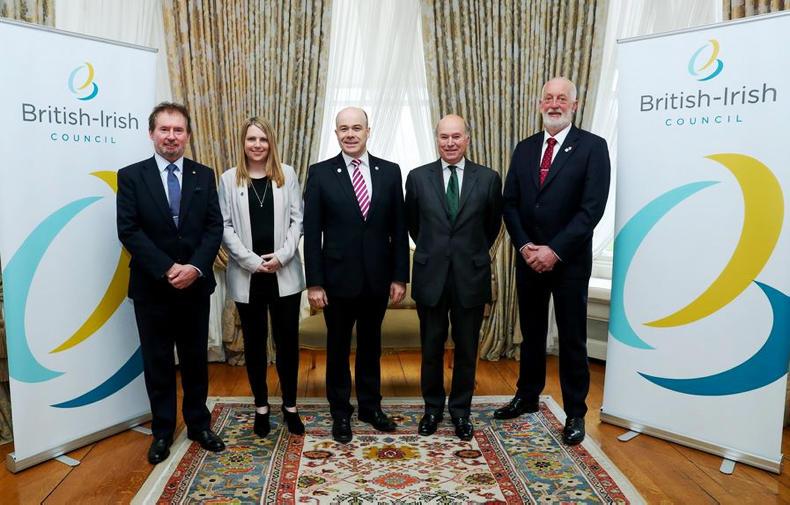
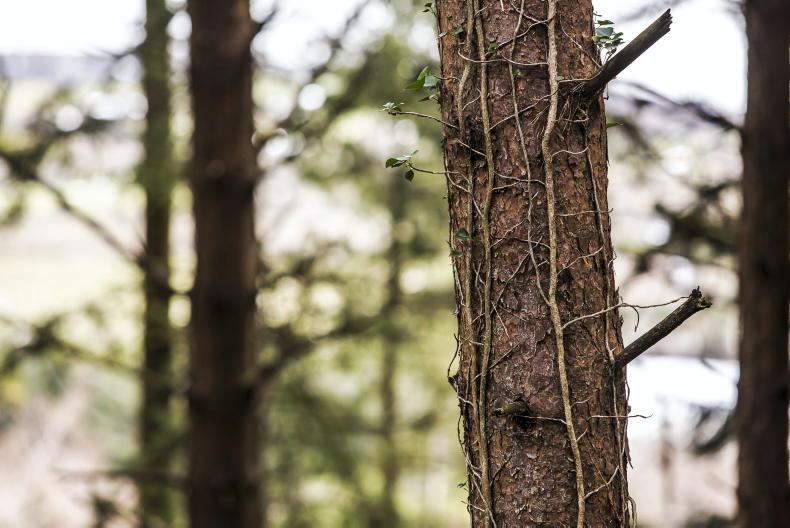

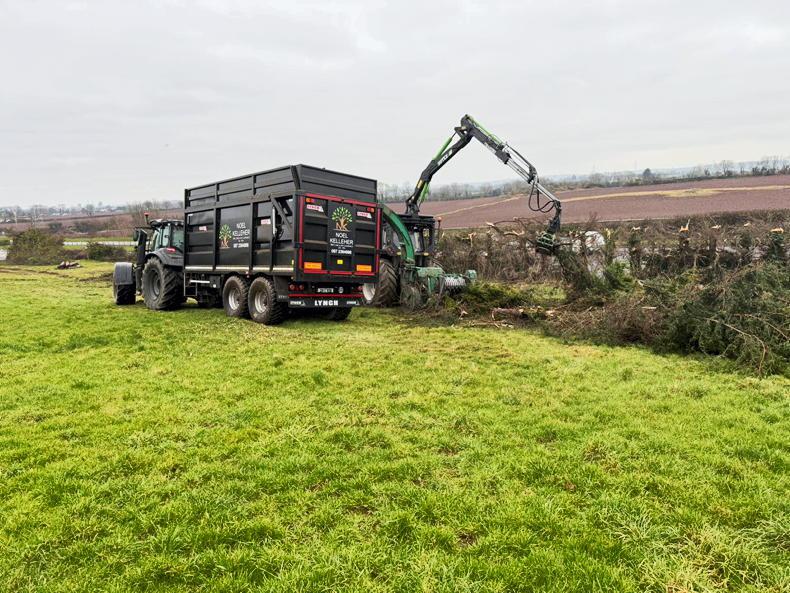
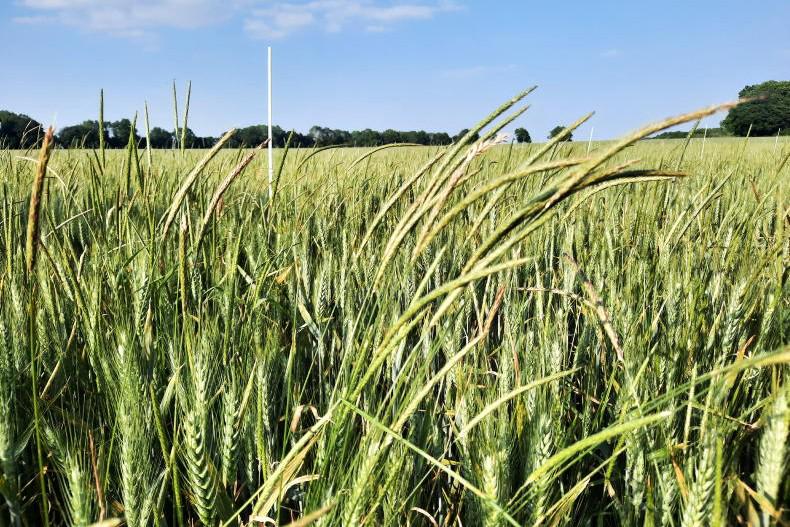
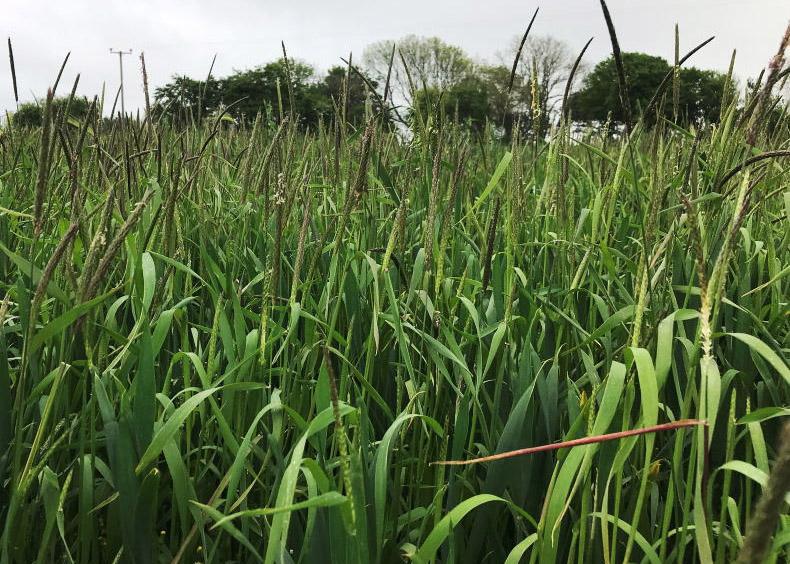
SHARING OPTIONS